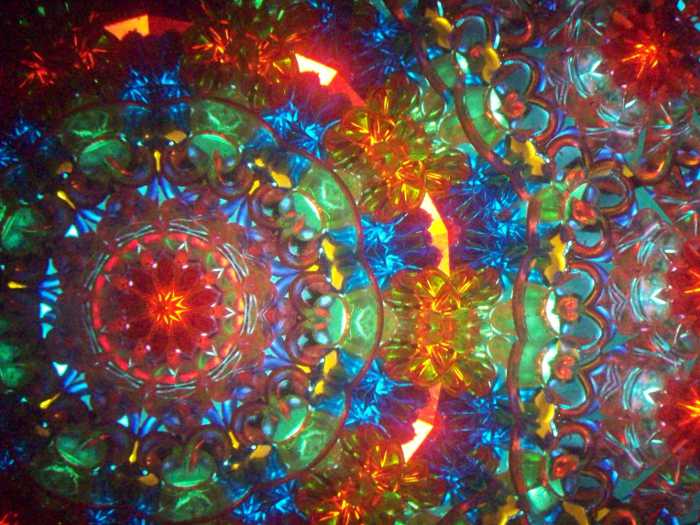FWP:
Faruqi's explication of the possible readings of tamaashaa is very helpful.
The two meanings of the second line both work excellently with the first line, as Faruqi also points out. (2a) is an expression of defiant contentment within the limits of the equivocal, even deceptive, material world-- and thus parallel to the thought in {9,4}. It's somewhat like a toast-- 'To its health!' And (2b) is a prayer or hope or blessing that seeks to secure the well-being of this insubstantial, ungrounded world that we need so badly-- this world that we love because it's all we have. The speaker says anxiously, perhaps with a bit of foreboding, 'may it be safe, secure, well!'.
Both readings are readily available because salaamat
has no grammar accompanying it, so its nuances are created only by the tone
in which it's read-- and that, as so often, is left for us to
decide for ourselves. We're forced into choosing among modes that are all
inshaa))iyah
and emotional and more or less exclamatory. This kind of double reading of
salaamat is invoked in some of the other, unpublished
verses in the ghazal as well: see {51,5x}, {51,6x},
{51,7x}, {51,9x}.

Nazm:
If there's no access to the world of meaning, then let it be so. May the miracle and revolving of the world of appearance remain well, for it is a mirror of the Beloved of meaning. (48)
== Nazm page 48